Publications
Articles, publications, books, tools and multimedia features from the U.S. Institute of Peace provide the latest news, analysis, research findings, practitioner guides and reports, all related to the conflict zones and issues that are at the center of the Institute’s work to prevent and reduce violent conflict.
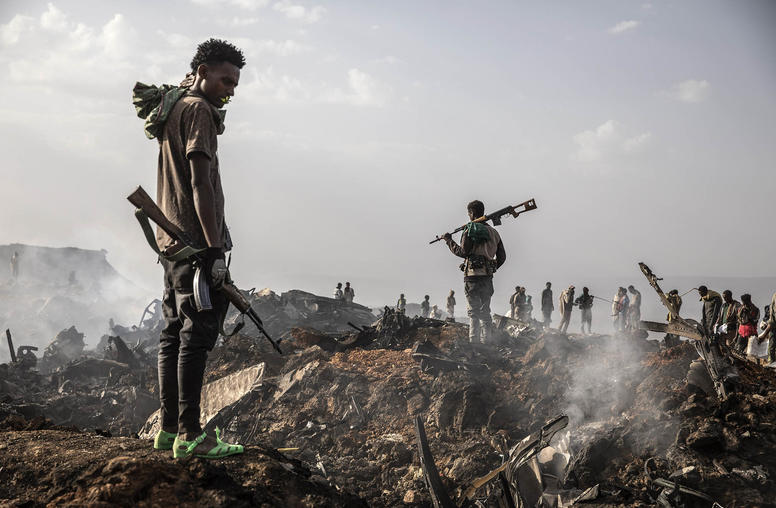
Ethiopia’s civil war is raging. How can it get on track toward peace?
In August, the devastating conflict in northern Ethiopia resumed, effectively ending the March 2022 humanitarian truce between the Ethiopian federal government and Tigrayan forces, which many hoped would pave the way for a negotiated cease-fire and peace talks. This week, the African Union’s chairperson called for an immediate cease-fire and U.S. Secretary of State Antony Blinken also called on the parties to cease hostilities and participate in talks organized by the African Union. What comes next in Ethiopia will have major implications for its people, the strategically vital Red Sea arena and for U.S. interests in the region. Stepped up, senior-level U.S. engagement is direly needed to get Ethiopia on a path toward peace.
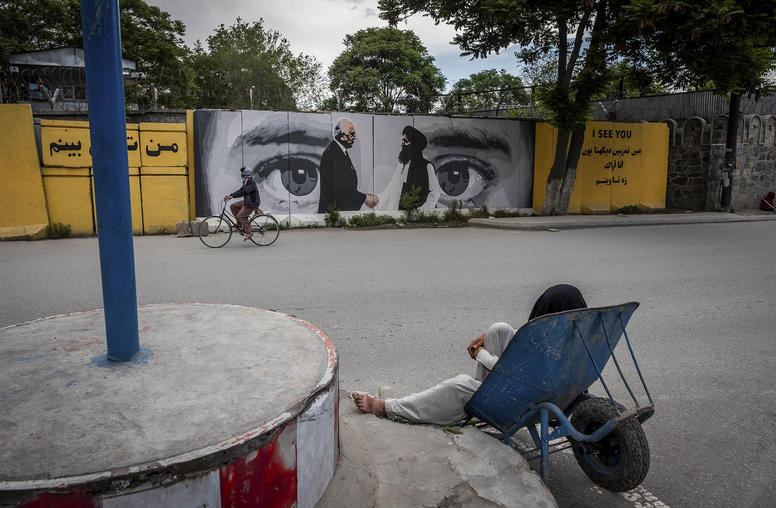
Missteps and Missed Opportunities for Peace in Afghanistan
The United States, successive Afghan governments and the Taliban missed several opportunities to achieve peace over the past couple of decades. Today, under the Taliban government, which is not recognized by a single country, Afghanistan is facing twin economic and humanitarian crises while the marginal gains made on women’s rights have all but evaporated.
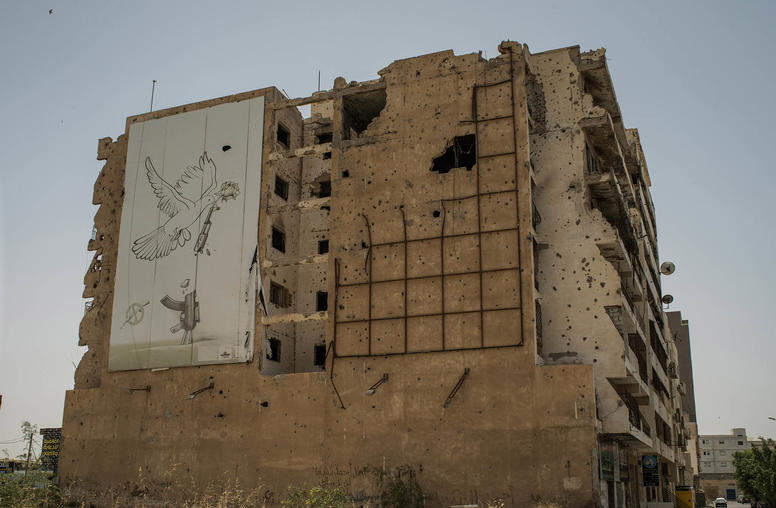
From Factionalism to Foreign Interference: Libya’s Conflict Remains Frozen
Over 11 years after the death of dictator Muammar Qaddafi, Libya’s conflict is seemingly stuck in place. Rival governments in the country’s East and West, factionalism, militia warfare and foreign interference have all contributed to a complex conflict that still has no resolution in sight. In a bid to advance the peace process, the United Nations convened the Libyan Political Dialogue Forum (LPDF) in late 2020 with 75 Libyans from across the country’s diverse social and political spectrum. Among other things, participants agreed on a roadmap for national elections to be held on December 24, 2021.
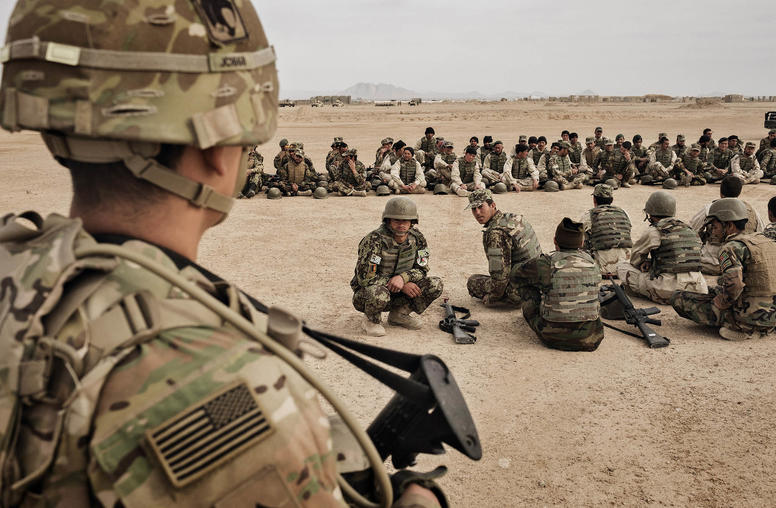
In Afghanistan, Was a Loss Better than Peace?
The American war in Afghanistan incurred staggering costs — for the United States, Afghans and others — over two decades. The U.S. government spent $2.3 trillion, and the war led to the deaths of 2,324 U.S. military personnel, 3,917 U.S. contractors and 1,144 allied troops. For Afghans, the statistics are nearly unimaginable: 70,000 Afghan military and police deaths, 46,319 Afghan civilians (although that is likely a significant underestimation) and some 53,000 opposition fighters killed. Almost 67,000 other people were killed in Pakistan in relation to the Afghan war.
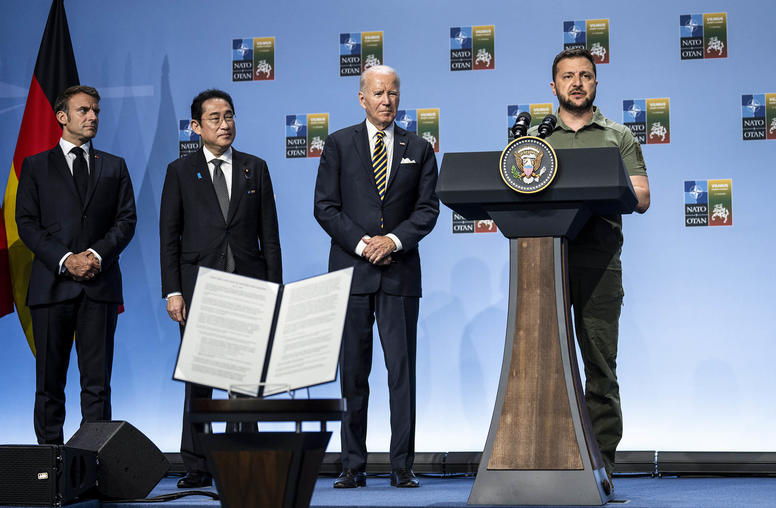
Ukraine is advancing its peace plan. The U.S. can help.
While Ukraine’s counteroffensive against Russia’s invasion has global attention on the battlefield, President Volodymyr Zelenskyy’s government is also busy advancing a diplomatic initiative: a peace summit to build momentum and cohesion among international partners on its 10-point peace plan. The United States should be a leader in backing this diplomatic effort — which is on the agenda this weekend in multilateral talks in Saudi Arabia. Broadening international buy-in for Ukraine’s peace plan serves U.S. interests. It can short-circuit less constructive peace initiatives and reinforce a cardinal international norm: An aggressor that launches an unprovoked war can't expect to set the terms for peace afterward.
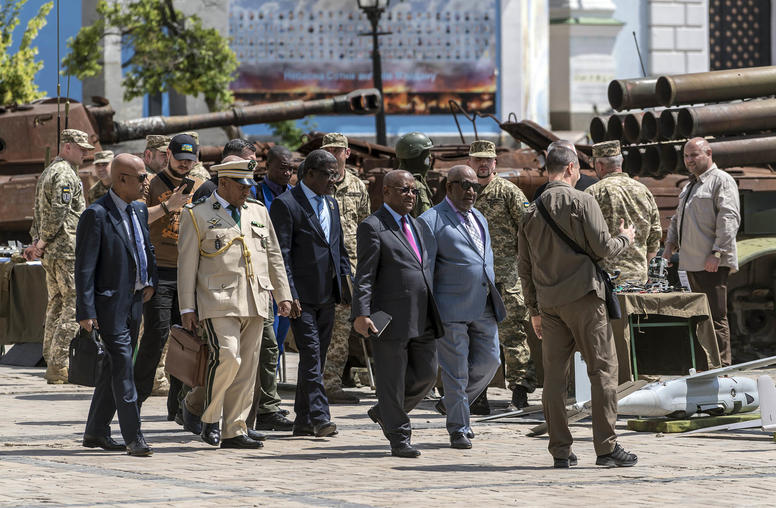
Why We Should Back Ukraine’s Diplomatic Long Game
A number of commentators have criticized Ukrainian President Volodymyr Zelenskyy’s latest peace summit in Jeddah for failing to produce tangible deliverables. What these criticisms miss is that Ukraine is playing a game of diplomatic attrition aimed at countering Russia’s central objective: international acquiescence to its violent seizure of a neighbor’s territory. The United States should support Ukraine’s efforts, most immediately by seeking a U.N.-sanctioned conference on the sidelines of next month's U.N. General Assembly session.
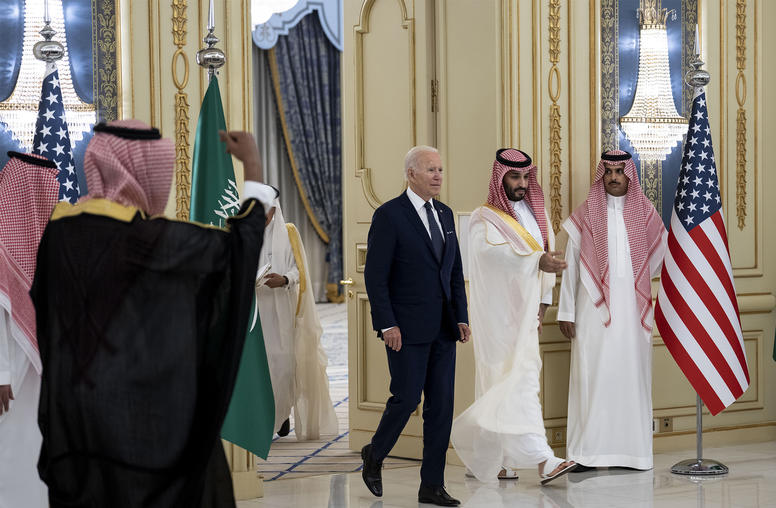
Is a Saudi-Israel Normalization Agreement on the Horizon?
In recent months, a drumbeat has built around the U.S. effort to negotiate a normalization agreement between Israel and Saudi Arabia. The deal would be a tectonic shift in Middle East geopolitics, but also carries major implications for other actors beyond the three negotiating parties. Israel would, of course, benefit from normalized relations with the Saudis — long seen as the “holy grail” of potential normalization agreements for the country. The Saudis, in turn, would see their interests advanced through strengthened U.S partnership in key areas. But this deal could also have serious implications for the future of the Palestinian national movement and, further afield, for the role of China in the Middle East.
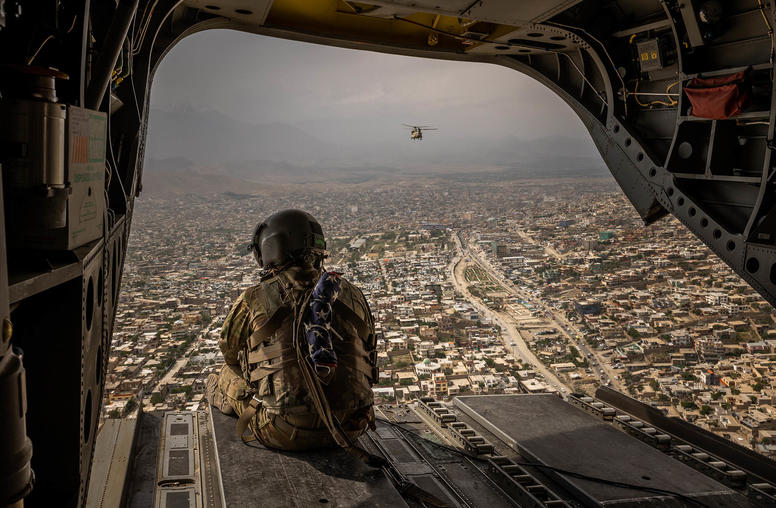
Learning from Failed Peace Efforts in Afghanistan
Over the course of 20 years, the United States made strategic mistakes in its war with the Taliban that helped fuel the insurgency and likely precluded an earlier end to the war. The U.S. government became fixated on a purely military solution, to the neglect of a political solution. This overwhelming focus on dealing the Taliban a decisive defeat was reinforced by the perceived political risks of negotiating a peace agreement with an organization that was seen solely through the lens of the war on terror. The United States should learn from its experience in Afghanistan and the opportunities it missed to reach a better and faster outcome to the war.
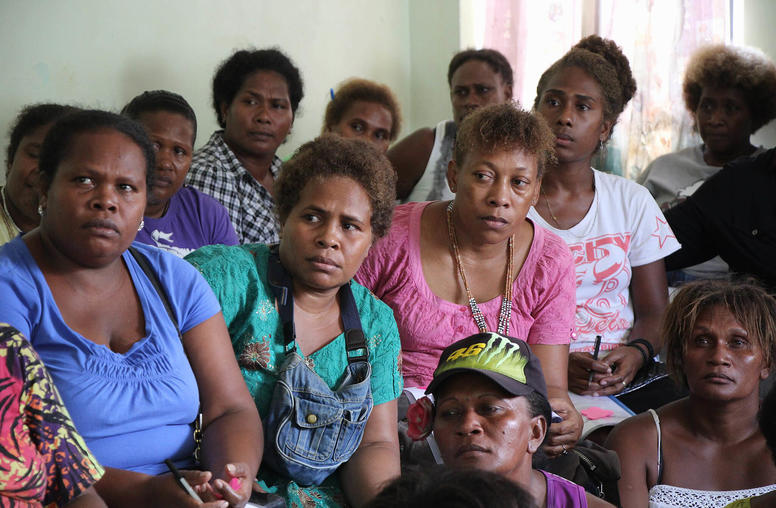
The Success and Sidelining of Women Peacebuilders in Solomon Islands
During the height of “The Tensions” in Solomon Islands — an armed civil conflict from 1998 to 2003 — women were thrust into the role of peace symbol, negotiator, trauma counsellor and mediator. Women often went in between the two warring sides to negotiate safe trade and movement of people, encouraged militants to give up arms, and led meetings and marches for peace.

Q&A: Colombia Breakthrough a World Model for Peace Talks
Yesterday’s breakthrough in peace talks between Colombia’s government and rebels reveals the outlines of a final deal and puts the grueling process firmly back on track, says USIP’s Virginia Bouvier. The agreement may serve as a model for resolving conflicts elsewhere in the world, according to Bouvier, who heads the Institute’s Latin America programs.